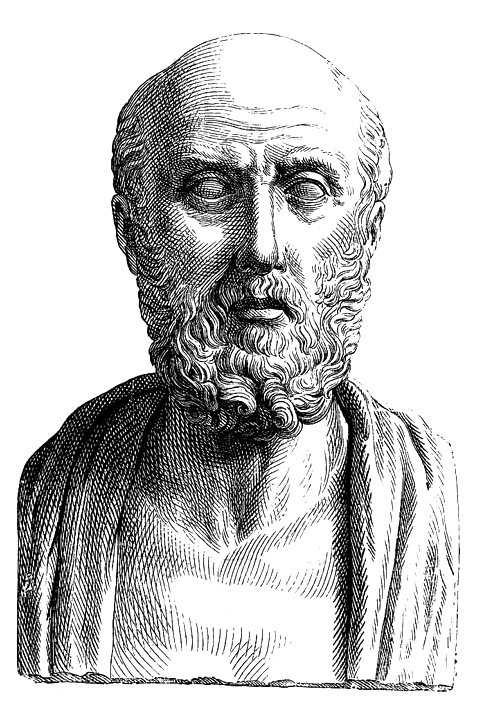
Fasting is the practice of abstaining from or reducing consumption of food, drinks, or both for a duration of time. It is practiced for religious, spiritual, or health reasons.
History of Fasting
Fasting has been practiced for thousands of years by various cultures and religions around the world. It is mentioned in ancient Greek texts, the Bible, the Quran, and other religious texts.
In ancient civilizations like Greece and Rome, fasting was often practiced before rituals or sacrifices to gods. It was seen as a way to purify oneself before religious ceremonies. In ancient Rome, fasting was associated with Ceres, the goddess of agriculture. Her half-year fast while searching for Persephone represented the barrenness of winter. Ancient philosophers like Plato, Socrates, and Aristotle embraced fasting. They believed it enhanced their mental clarity and philosophical thinking.

Fasting for spiritual purification and growth is emphasized by many religions and philosophies including Christianity, Judaism, Islam, Hinduism, and Buddhism. The Bible describes fasting practices undertaken by Moses, Elijah, Jesus, and the apostles. Fasting practices vary among these different religions.
Fasting was introduced in the early Muslim community around 610 CE, and it is one of the Five Pillars of Islam, specifically Sawm (the Fourth pillar). During Ramadan, Muslims fast from dawn to dusk. Eastern Orthodox Christians have fasting traditions during specific periods of the year. These include the Great Lent, Nativity Fast (before Christmas), Apostles’ Fast (after Easter), and the Dormition Fast (early August). In both religions, individuals refrain from drinking and eating.
Fasting is an ascetic practice in Hinduism and Buddhism. Samanera, who are male monastics in South Asian Buddhism, are trained to fast for half a day during the lunar quarter to teach them detachment from hunger and nurture self-discipline. One of the precepts samaneras are expected to uphold is avoiding food consumption after midday, an inappropriate meal period according to the precept.

Fasting has also been practiced for political reasons. It was used by Mahatma Gandhi and others during the Indian independence movement. In Northern Ireland in 1981, Bobby Sands and nine other men went on a hunger strike lasting between 46 to 73 days in protest for better prison rights. While the strike ultimately led to their tragic deaths, it brought attention to and rallied support for a cause they deeply believed in.
Fasting and Early Medicine

Fasting for health benefits has been popular throughout history. The ancient Greek physician Hippocrates, who is widely considered the father of modern medicine, recommended fasting to patients who exhibited certain medical conditions. This is one of his famous quotes:
To eat when you are sick is to feed your sickness
Other Greek philosophers such as Plutarch believed fasting could act as a remedy to illness. These Greek philosophers believed that human beings, like other animals, are naturally conditioned to fast.
When sick, your pet cat or dog abstains from eating until it gets better. Think about the last time you got seriously ill. The last thing on your mind was probably what you would have for your next meal. This temporary anorexic reflex was believed to be part of the recovery process from illness or serious injury.

E.H. Dewey, MD, was popular in the mid-1800s for being an advocate of therapeutic fasting. He believed that most illnesses were dietary, and could be cured or alleviated through fasting. He ran a sanitarium in Williamsville, New York, where he offered fasting cures to his patients. He wrote a book “The No-Breakfast Plan and the Fasting Cure” elaborating on the benefits of short-term fasts.
These methods were considered widely unorthodox at the time and some people considered him a quack. His work would, however, lay a foundation for future research in therapeutic fasting. This is evident in the 1900s, for instance, when intermittent fasting was being investigated on lab rats. Upton Sinclair, a prolific American novelist, advocates for the health benefits of fasting in his book “The Fasting Cure”.
Fasting Today
While it is no longer considered a mainstream medical treatment, it continues to be studied and practiced by some today for its potential health and longevity benefits. Those who practice it for social, religious, or health causes consider it a great way to rejuvenate the mind, body, and soul. In the next series, we will be doing a deeper dive into therapeutic fasting, its different forms, and their associated health benefits.
One Comment
Comments are closed.